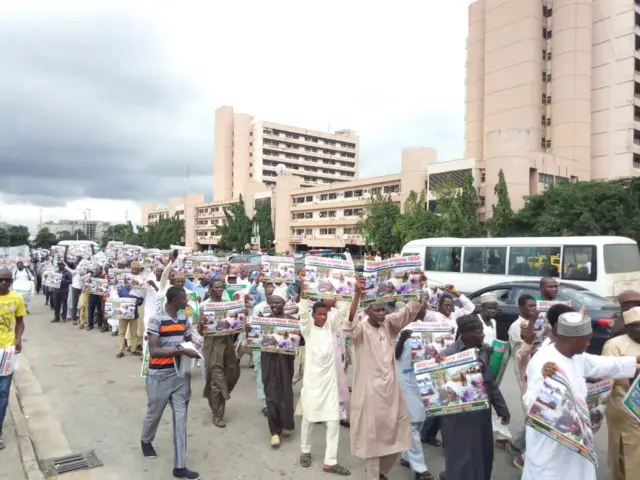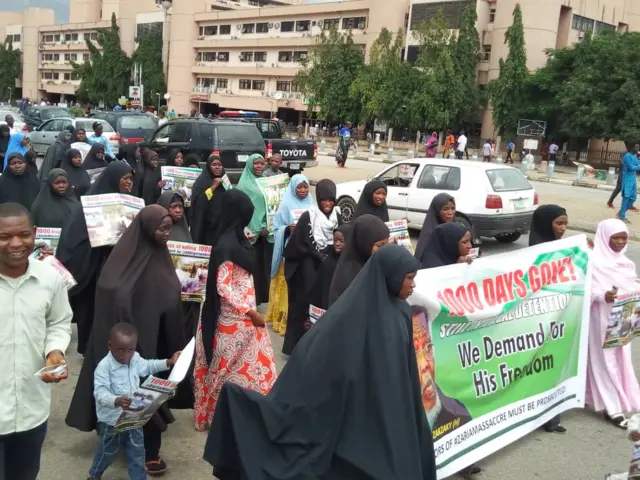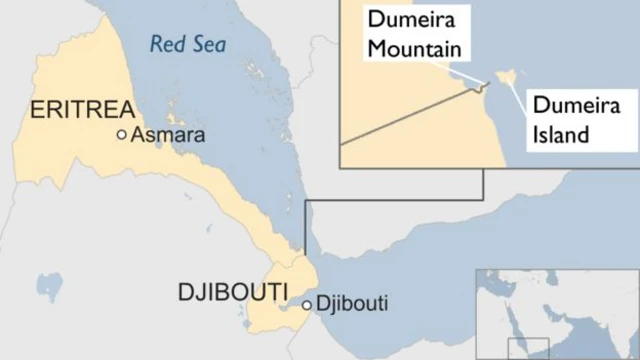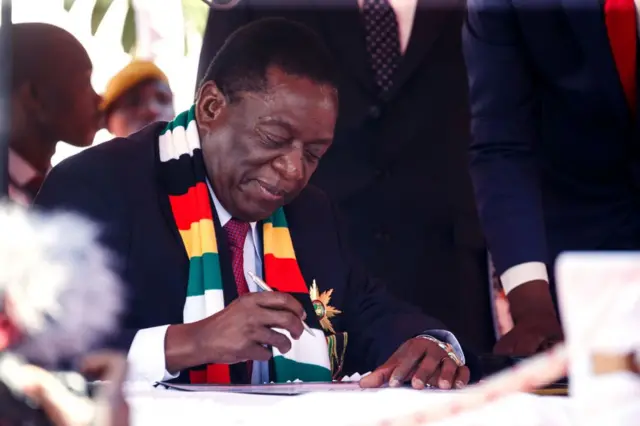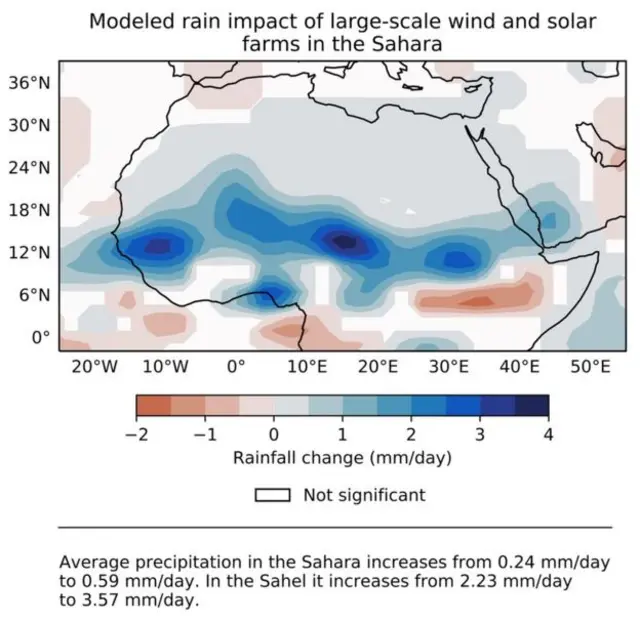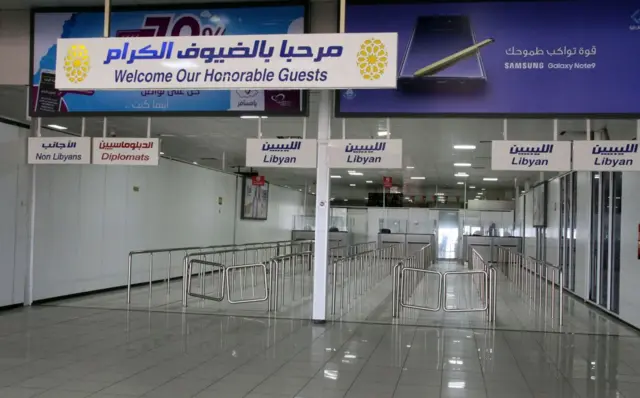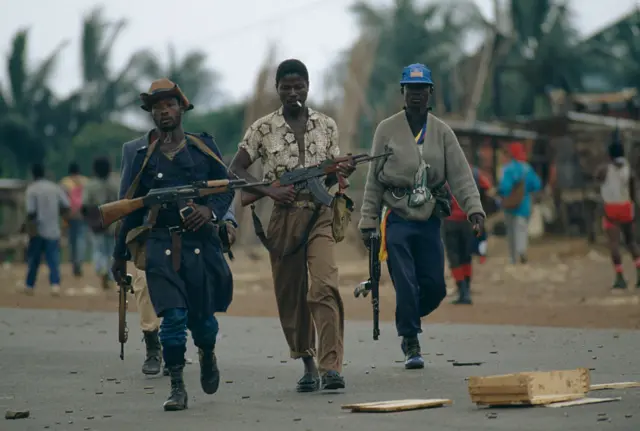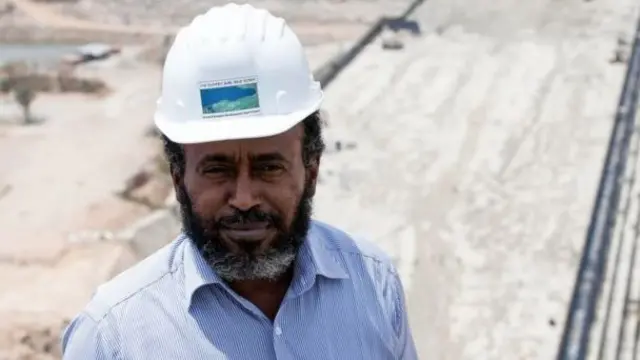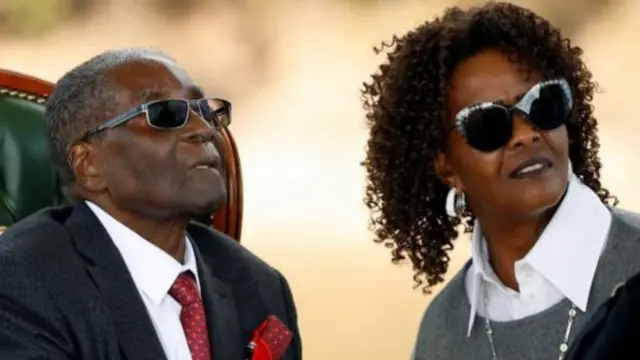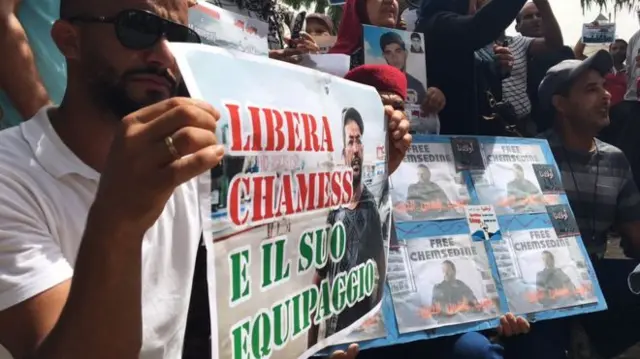Scroll down for the week's storiespublished at 17:41 BST 7 September 2018
We'll be back on Monday
BBC Africa Live
Dickens Olewe
That's all from BBC Africa Live this week. You can keep up-to-date with what's happening across the continent by listening to the Africa Today podcast or checking the BBC News website.
A reminder of Friday's proverb:
Quote MessageA fool is like a beehive."
A Kikuyu proverb from Kenya sent by Njeri Kamau, Washington DC, US.
Click here to send us your African proverbs.
And we leave you with this photograph of Aswan as a dust-storm blankets the Egyptian city. It is from our selection of the best pictures of the week.
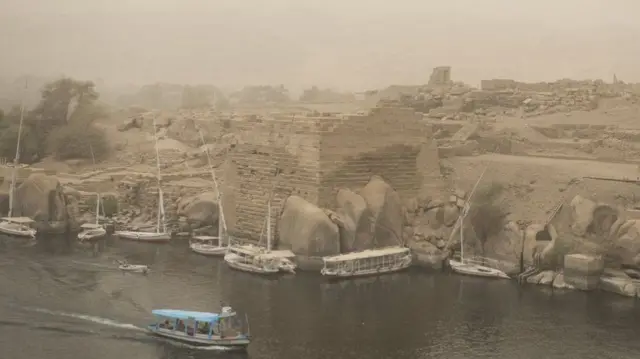 Image source, EPA
Image source, EPA
